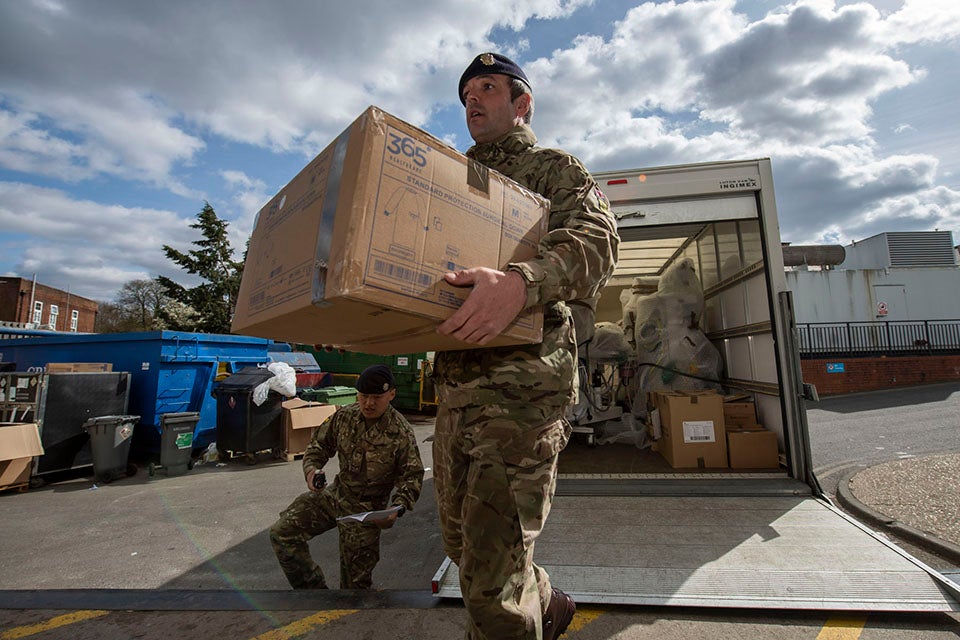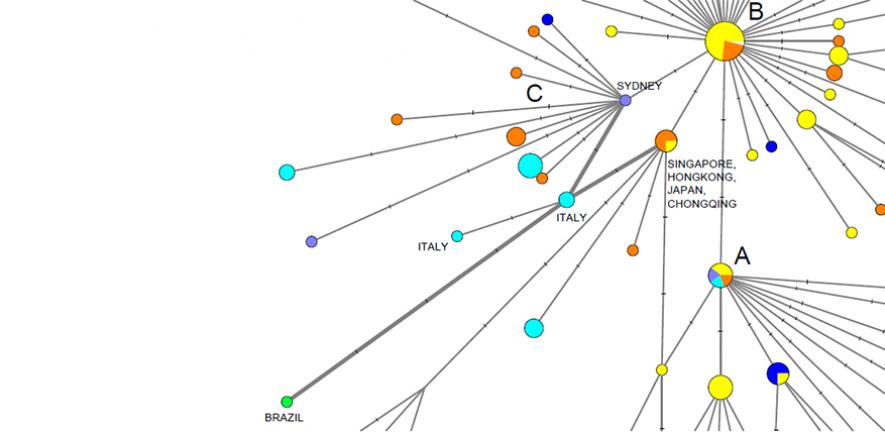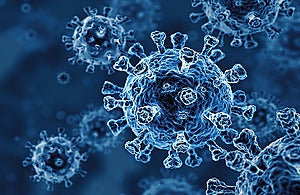What Can Defense and Security Learn from the COVID-19 Pandemic?
Given my previous article on what the United Kingdom’s National Health Service (NHS) could learn from defense, and how it’s not just logistics manpower but logistical skills that can be transferred, it may be pertinent to consider how defense can learn from the pandemic.
This goes beyond the lessons of logistics and planning that the military has had the opportunity to exercise to their full extent. It includes security issues, such as the socio-economics of society and telecommunications. There has been a peacetime surge of demand on services and the bandwidth of networks and systems have exceeded much of their planned usage. This helps organisations such as the Centre for the Protection of National Infrastructure identify issues with resilience of these systems. It also helps identify the organisations that need support to keep these systems operating.
Many individuals have, sometimes to their surprise, been identified as key-workers or ‘essential’ staff. The presence of shop workers and teachers on those lists wasn’t something found during fuel strikes or other periods where the military has had to provide aid to the civil powers.

There has been an opportunity to mobilise reserves, and identify those reserves who may actually be in occupations not usually on a ‘reserved occupation’ list as seen in wartime. The conflicts that exist between civil and military demands on medical services have had to be balanced and, in the case of reservists working in the UK’s NHS, they’ve had to prioritise the role they take.
Using defense establishments for secondary and supplementary purposes has also had to happen. Facilities have had to close that would remain open even during wartime – the British Army’s training locations have been impacted as much as anywhere else.

There are also opportunities to learn from the pandemic itself: What level of contact do people have? How quickly does our understanding of social networks come into play and how does it overlap with virology? There have always been crossovers but the likes of Dstl (previously the Defence Science and Technology Laboratory in the UK) and Public Health England have a large amount of data to examine in the months and years to come. This information could inform the future plotting of the spread of biological agents if were one ever to be employed on UK soil by an aggressor. This learning, on top of the attacks using a nerve agent in Salisbury in 2018, gives the agencies real-life examples of situations that have had to be simulated previously.
Whilst COVID-19 and the devastation it has wreaked on so many lives is not something that can ever be considered to have a positive side, it does have lessons that the defense and security sector can learn from in the future, and they must!

